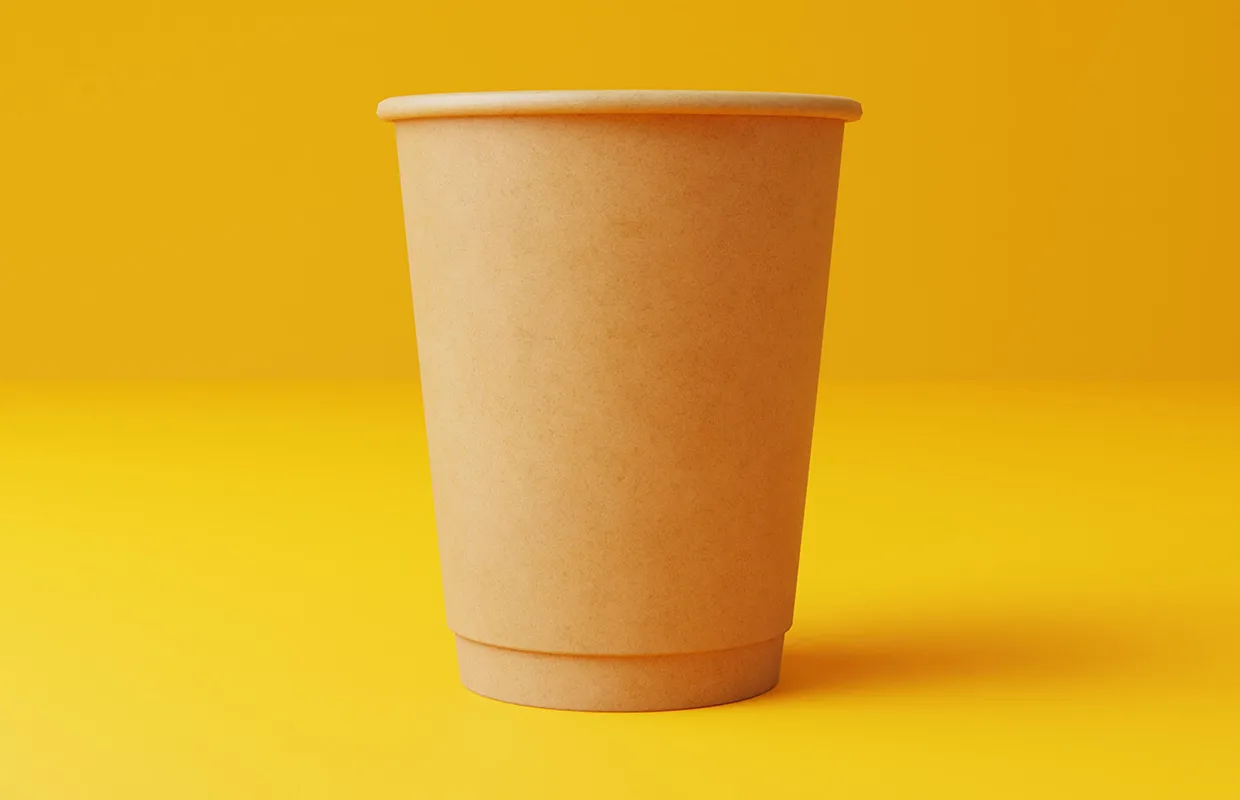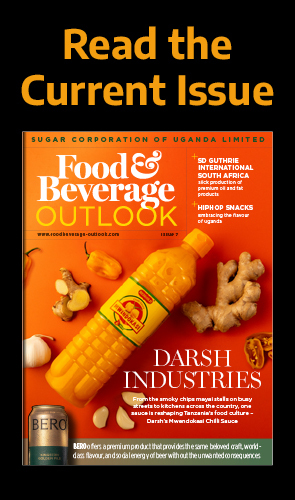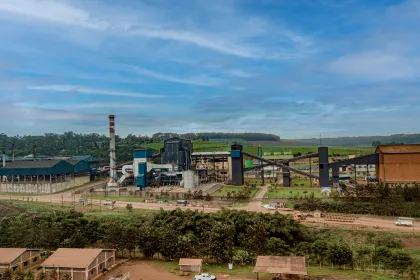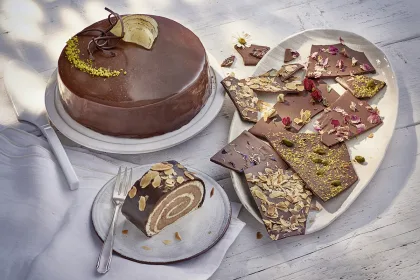Hannah Brace, Technical Assistant, and Adam Kelvey, Senior Associate at Reddie & Grose, explore the remarkable innovations making the food and beverage industry more sustainable and ethical.
A CUP FULL OF INNOVATION
Most of us are now aware of the carbon footprint associated with our diet choices.
The spotlight was shone on this issue in an evocative 2021 survey, which found that over half of vegans in the UK cited “environmental reasons” when asked why they originally chose a diet free from animal products.
However, many of us don’t realise how our everyday food and drink staples can be just as harmful to the planet as meat products. As such, many forward-thinking innovators are working to drive down the carbon impact of a wide variety of other food and drink choices.
TROUBLE BREWING
People in the UK currently drink around 95 million cups of coffee and 165 million cups of tea every day, and many of us take these in disposable cups. The result is that disposable cups account for around three percent of the coffee supply chain’s total carbon footprint, making it imperative for companies to focus on sustainable to-go solutions.
Cupffee has developed novel, wafer-based hot beverage cups that are edible, resistant up to 100 degrees Celsius (°C), low-calorie, leak-proof, and do not alter the taste of the beverage. There are also various innovations designed to reduce waste from single-use containers, including compostable and biodegradable pods and podless coffee machines.
As with most things, the production of hot beverages comes with its own environmental baggage. Growing coffee requires considerable amounts of land and one single cup of coffee takes 140 litres of water to produce. However, who said coffee needs to come from coffee beans?
At present, several food innovation firms are working on techniques to extract coffee compounds from alternative natural foods and plants. Date and sunflower seeds, lemon, pea proteins, flowers, grasses, and fig plants have all been processed to produce coffee-like beverages.
Elsewhere, companies such as Atomo and Northern Wonder are using patents to protect their valuable coffee alternative intellectual property. Atomo has 13 globally active patent applications and Northern Wonder holds two current applications. Meanwhile, another company, Prefer, uses technology to leverage fermentation of barley, soya, and bread to reverse-engineer key aromas found in coffee.
Companies are also developing new technologies to tackle coffee waste. For example, Kawa Project collects coffee grounds from industrial brewers and uses a proprietary extraction and refining method to turn waste coffee into chocolate.

TOP TIPS FOR TEA
Right now, 97 percent of tea in the UK is brewed using teabags, according to the UK Tea and Infusions Association. Original teabag patents date back to 1901, when Roberta Lawson and Mary McLaren first filed for a ‘Tea Leaf Holder’.
Previously, a key component in teabags was polypropylene, a plastic used as a sealant, which often leads to microplastics seeping into our brews and infiltrating the soil and oceans.
Various companies such as Hampstead Organic, Pukka, Clipper, and Lipton have been innovating to achieve fully biodegradable and plastic-free teabags made from alternative, natural ingredients such as corn starch, abaca (banana leaf), bamboo, and cellulose (wood pulp).
THE CREAM OF THE CROP
It isn’t only the hot beverages themselves that have an environmental impact, as 98 percent of Brits take their tea with milk. It’s not surprising, then, that 25 percent of the UK’s milk consumption is due to our tea drinking habit.
However, dairy milk is known for its impact on the environment, and many people are, by choice, opting for tasty plant alternatives including oat, coconut, almond, and soya.
Milk alternative compositions and technologies are frequently patented. On Espacenet, the European Patent Office’s global searching tool, there are 4,986 patent publications under the burgeoning “milk substitute” classification.
Coffee, tea, and milk technologies are providing sustainable and ethical solutions to our resource-demanding beverage consumption. Importantly, it is a combination of source, delivery, packaging, and waste technologies that will ultimately provide fully sustainable beverages.

INNOVATIVE SWEET TREATS
The average Brit will consume 7,560 bars of chocolate in their lifetime. Our insatiable demand for chocolate has resulted in the clearing of huge areas of carbon-absorbing rainforest in West Africa. This change of land use contributes to chocolate’s unfortunate accolade of generating more carbon dioxide (CO2) emissions than chicken, eggs, fish, and even pork.
Scientists in Zurich have developed a pending patent for healthier dark chocolate which uses a sweet gel formed using the inner layer of the cocoa fruit shell and pulp instead of refined sugar.
Not only is this dark chocolate healthier with increased fibre and reduced saturated fat, but it also has the environmental benefit of using parts of the cocoa fruit that would otherwise be discarded, producing an additional revenue for cocoa farmers.
For year-round strawberry lovers, Oishii’s Omakase strawberries are grown in an innovative vertical farm designed to mimic the conditions of the foothills of the Japanese Alps. Their facilities use LED lights powered by the solar field next door, are pollinated naturally using bees, and have a water purification system that recycles the water.
This highlights how farming without pesticides and with renewable energy innovations can have a positive impact on the food industry.
A NEED FOR CHANGE
We should all strive for a conscious shift towards implementing sustainable practices in our daily lives. So, when the barista hands you your steaming hot cup and sweet treat, know that inventors are grinding away.
In the not-too-distant future, your cup may be edible, the brew may not be from coffee beans, and the chocolate may be environmentally and waistline-friendly.
These are just a few examples of the remarkable innovations making the food and beverage industry more sustainable and ethical.
By protecting and leveraging their intellectual property, more innovators will be encouraged to join the drive towards sustainable product options.




















